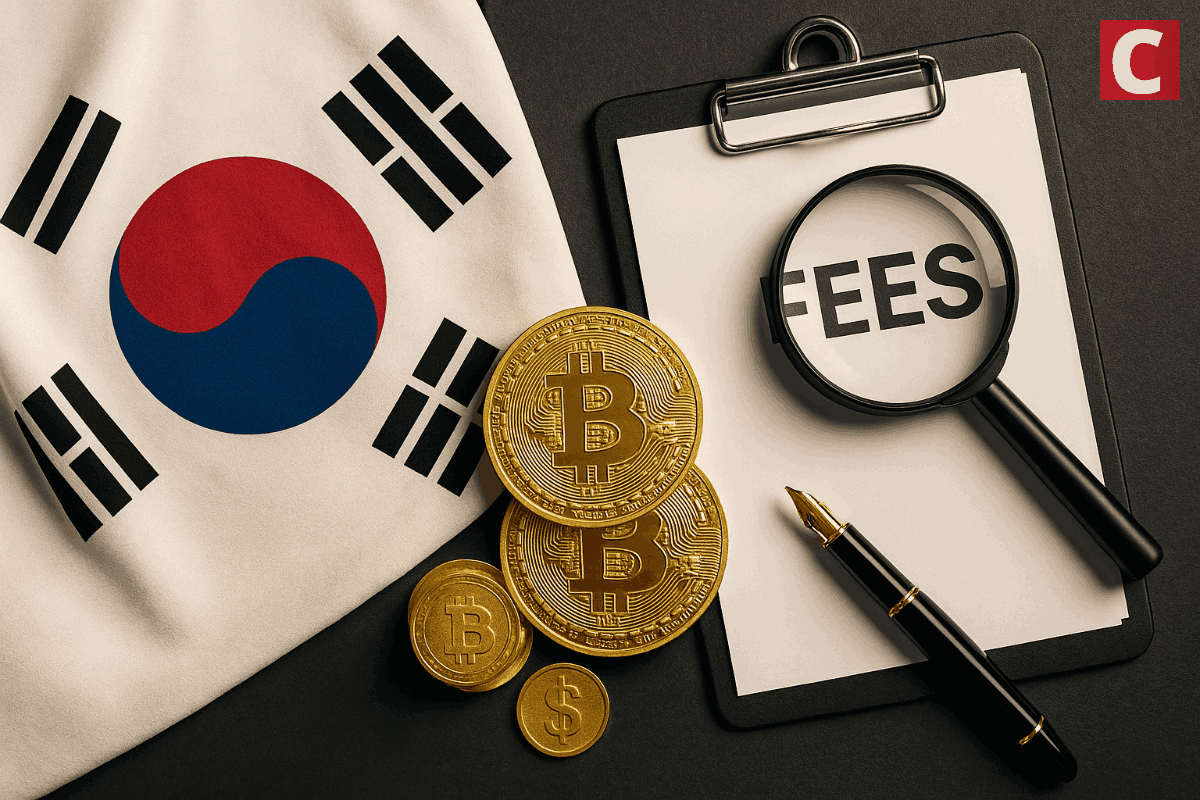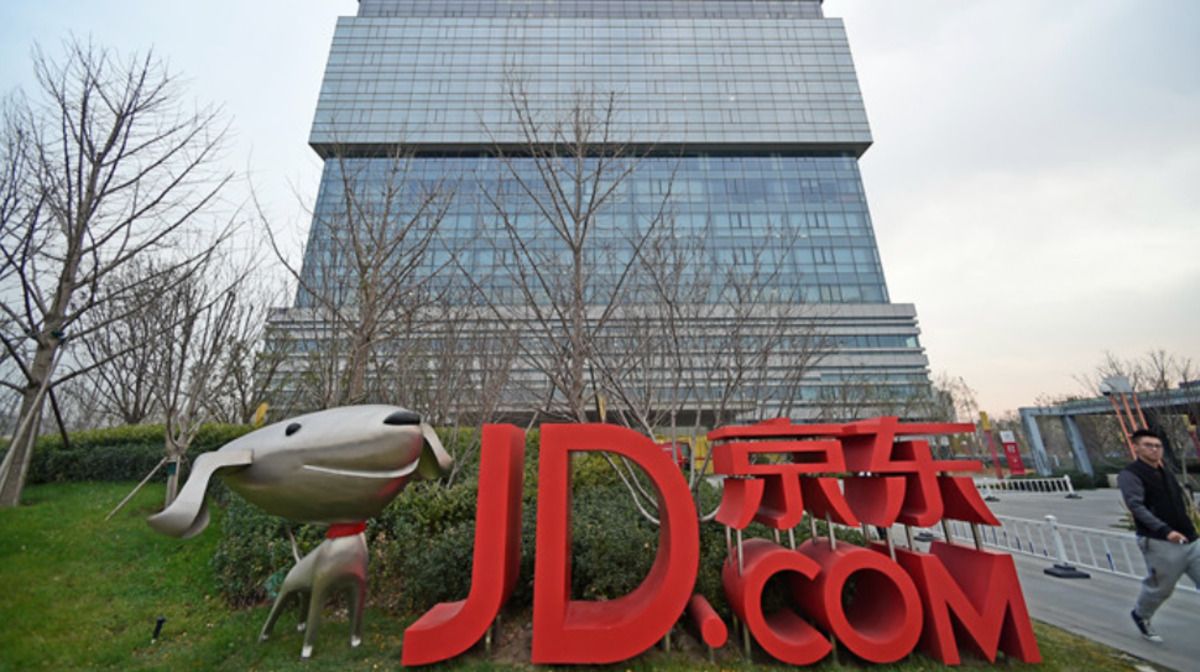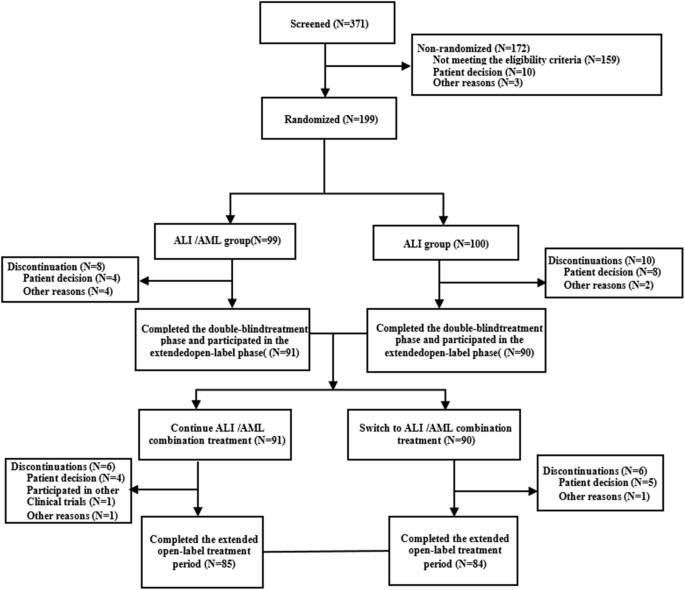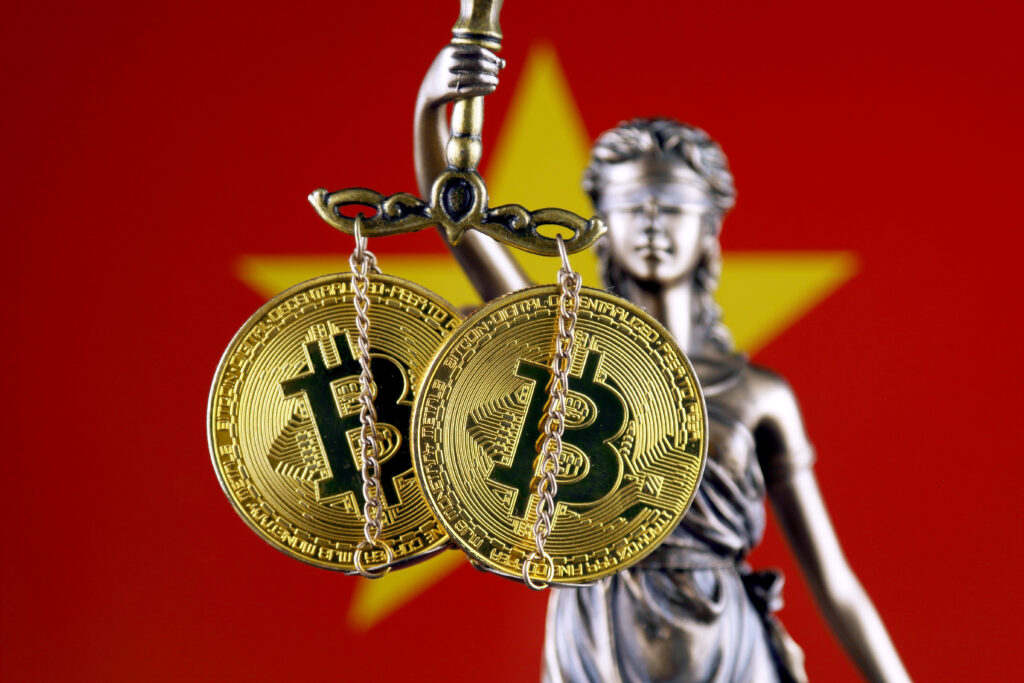South Korea Investigates Local Crypto Exchange Fee Structures

South Korea's financial regulatory body, the Financial Services Commission (FSC), has initiated a comprehensive investigation into the fee structures and operational practices of domestic cryptocurrency exchanges. This move follows pledges made during the presidential campaign of Lee Jae-myung, who committed to reducing virtual asset transaction fees for local users. The primary goal of this probe is to assess whether current fees are an excessive burden on consumers, particularly young traders, and to determine if regulatory intervention is necessary to ensure fees are set at an appropriate level compared to international standards.
The FSC's initiative, presented to the State Affairs Planning Committee on June 19, involves conducting in-depth surveys of various domestic cryptocurrency exchanges. These surveys will meticulously examine their existing fee structures, the specific transaction fees collected, and the methodologies employed for collecting these charges. Furthermore, the investigation will assess the transparency of these exchanges, specifically whether they voluntarily disclose relevant information to their users. While the FSC has not yet established a specific target commission rate, the aim is to create policy guidelines after performing a comparative analysis of both domestic and international crypto exchanges.
Major local platforms that dominate South Korea's virtual asset trading market, including Bithumb, Upbit, and Coinone, will be key subjects of this review. Officials from the FSC have emphasized the necessity of evaluating the fairness of current domestic exchange fees in relation to global benchmarks. The investigation is positioned as a critical component of South Korea's broader 'youth asset formation support policy,' aimed at reducing obstacles for younger generations to engage in cryptocurrency investment, as lower transaction fees can significantly increase market accessibility for retail investors.
Beyond the fee investigation, South Korea has demonstrated a more welcoming stance toward digital assets, implementing broader regulatory updates throughout 2025. Notably, the nation has terminated its ban on institutional cryptocurrency trading, with a phased rollout in 2025. This policy change grants public companies and professional investors access to digital asset markets, albeit under stricter regulatory terms designed to enhance market integrity and consumer protection. These include enhanced Anti-Money Laundering (AML) and Know Your Customer (KYC) regulations for professional investors and listed companies, and stringent KYC procedures for banks facilitating cryptocurrency activities.
Additionally, the regulatory framework now incorporates the Financial Action Task Force (FATF) Travel Rule, requiring Virtual Asset Service Providers (VASPs) to transmit detailed information for crypto transactions exceeding KRW 1 million (approximately EUR 800). This measure aims to bolster transaction transparency and deter illicit financial activities. Furthermore, effective June 1, 2025, non-profit organizations with over five years of audited experience are permitted to sell donated digital assets. These organizations are subject to specific rules, including a daily sales cap of 10% and a prohibition on selling on their own platforms. Only cryptocurrencies listed on three or more Korean won-based exchanges are eligible for sale, with all such transactions remaining under strict AML regulations. This comprehensive approach underscores South Korea's commitment to fostering a regulated yet accessible cryptocurrency ecosystem.











